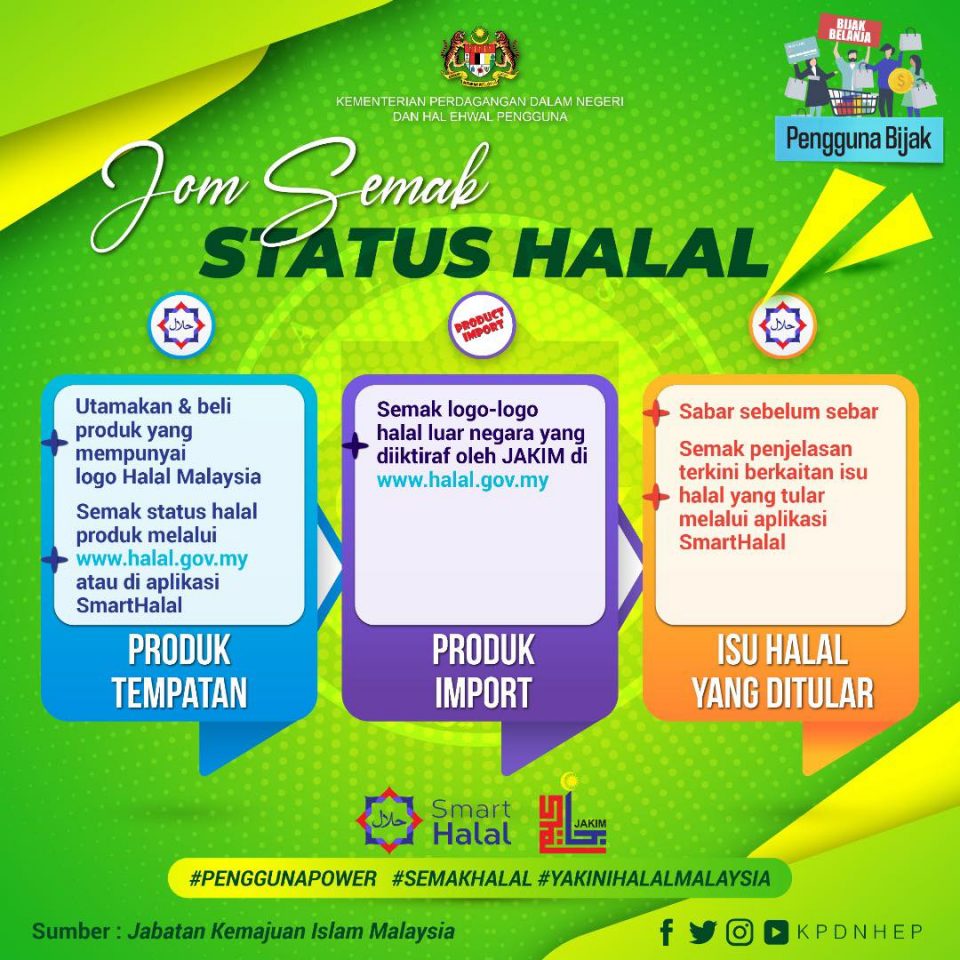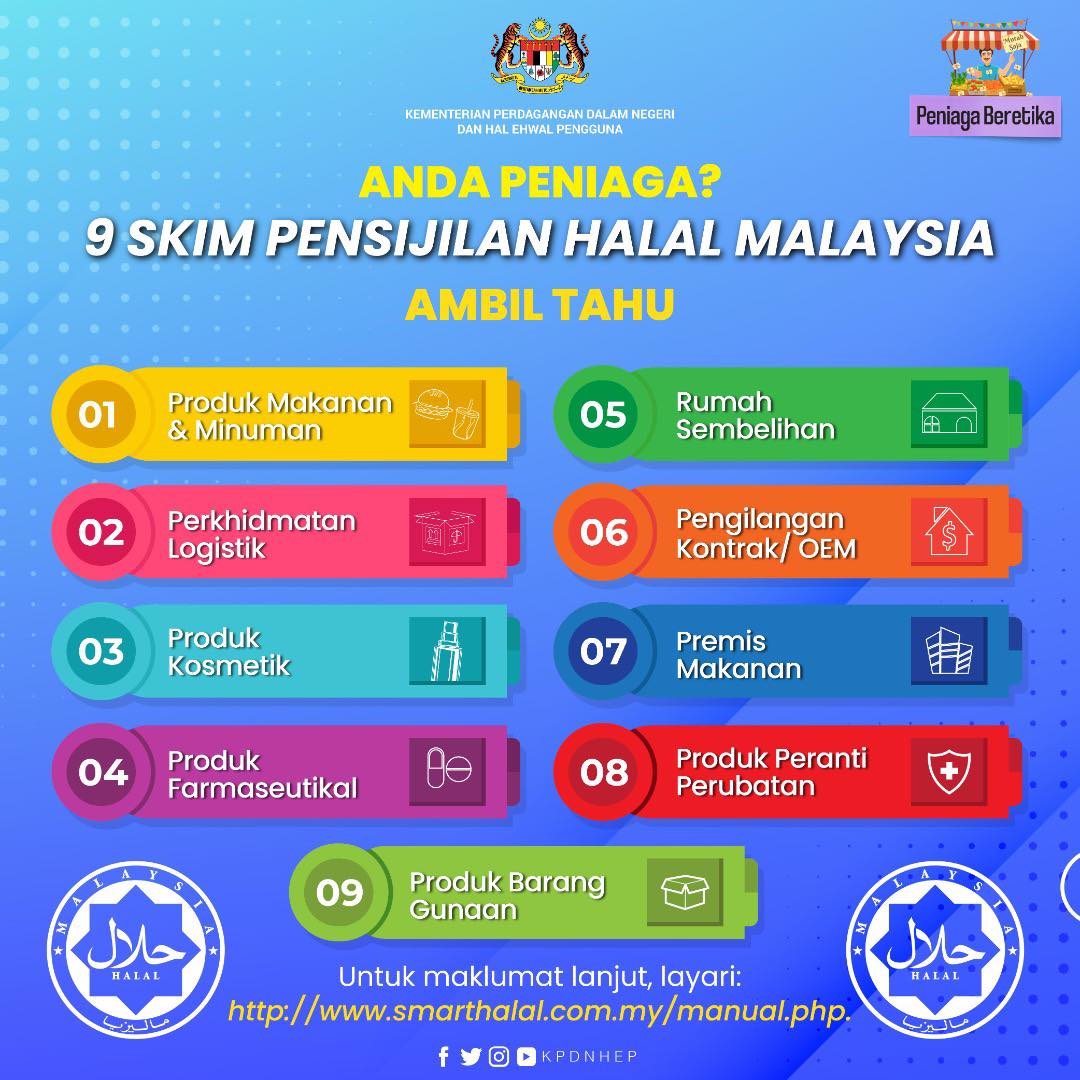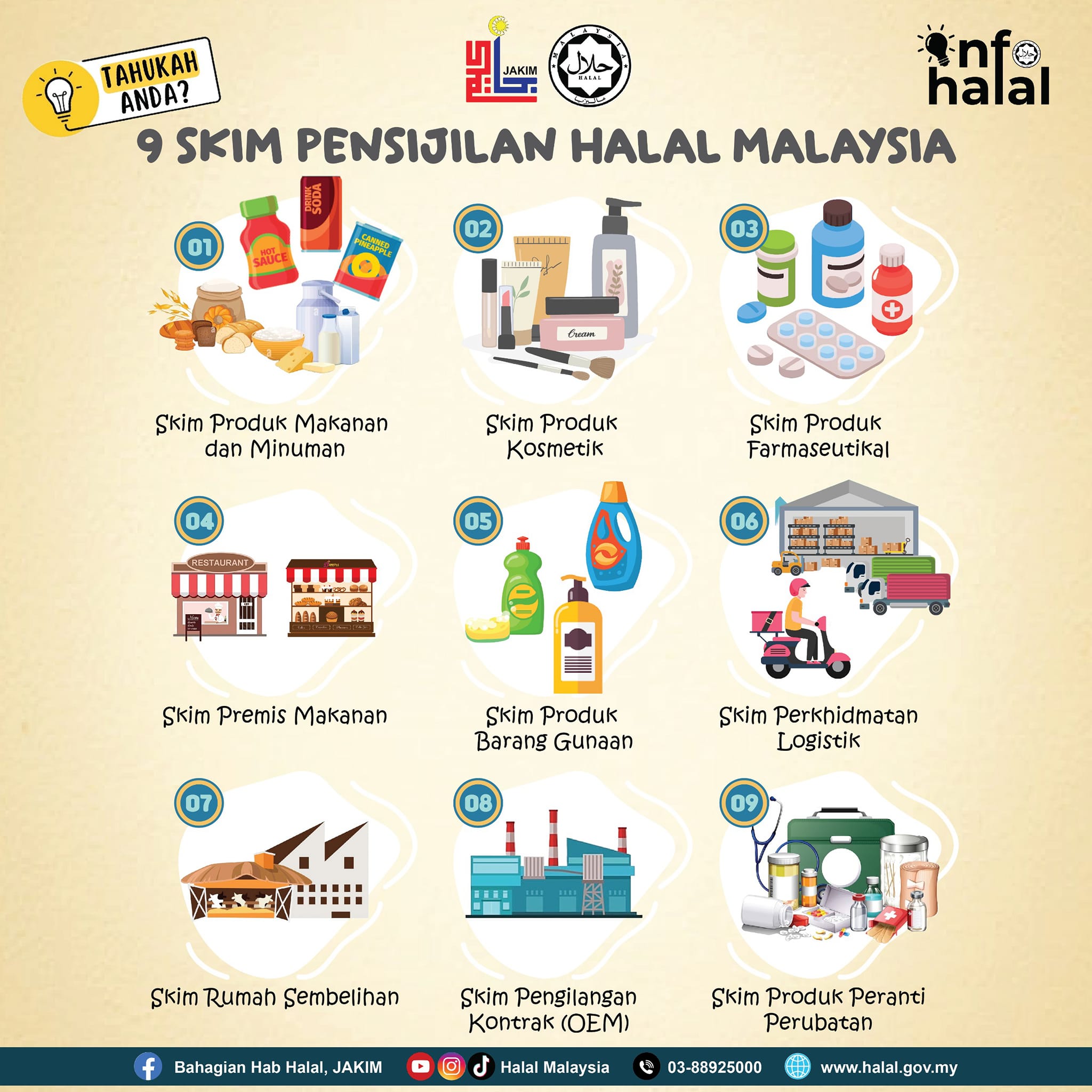In an age where consumers demand transparency, ethical sourcing, and safety, halal certification has emerged as a powerful standard—not only for Muslim buyers but for a wider audience that values integrity in products.
Halal certification ensures that a product is free from any prohibited (haram) substances and produced in a manner that complies with Islamic principles. However, it also covers important elements that appeal to modern consumers: hygiene, animal welfare, ethical labor, and clean production practices. This makes halal products appealing even to non-Muslim markets looking for higher standards.
With increasing global awareness about food safety and sustainability, many consumers now check labels more carefully than ever. Halal certification offers a clear signal that a product has passed strict audits, from ingredient sourcing to handling and distribution.
For businesses, this certification can create a competitive edge. Not only does it open doors to Muslim-majority countries like Indonesia, Malaysia, and the Gulf nations, but it also positions products as trustworthy in international markets where “halal” is associated with quality.
Additionally, with the rise of e-commerce, halal-certified goods are more searchable and filterable online, giving certified brands greater visibility and credibility. Supermarkets and global retailers are also prioritizing certified products to meet diverse customer demands.
Obtaining halal certification might require investment and compliance efforts, but it’s a long-term asset. It strengthens brand image, ensures customer trust, and meets the ethical expectations of today’s global marketplace.
In summary, halal certification is no longer a niche label—it’s a globally recognized sign of safety, ethics, and quality. Businesses that embrace it are not only respecting religious values but also aligning with the future of consumer expectations.





